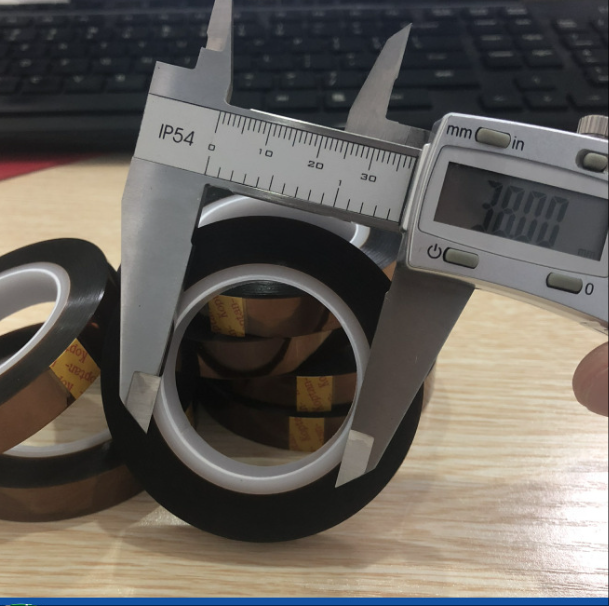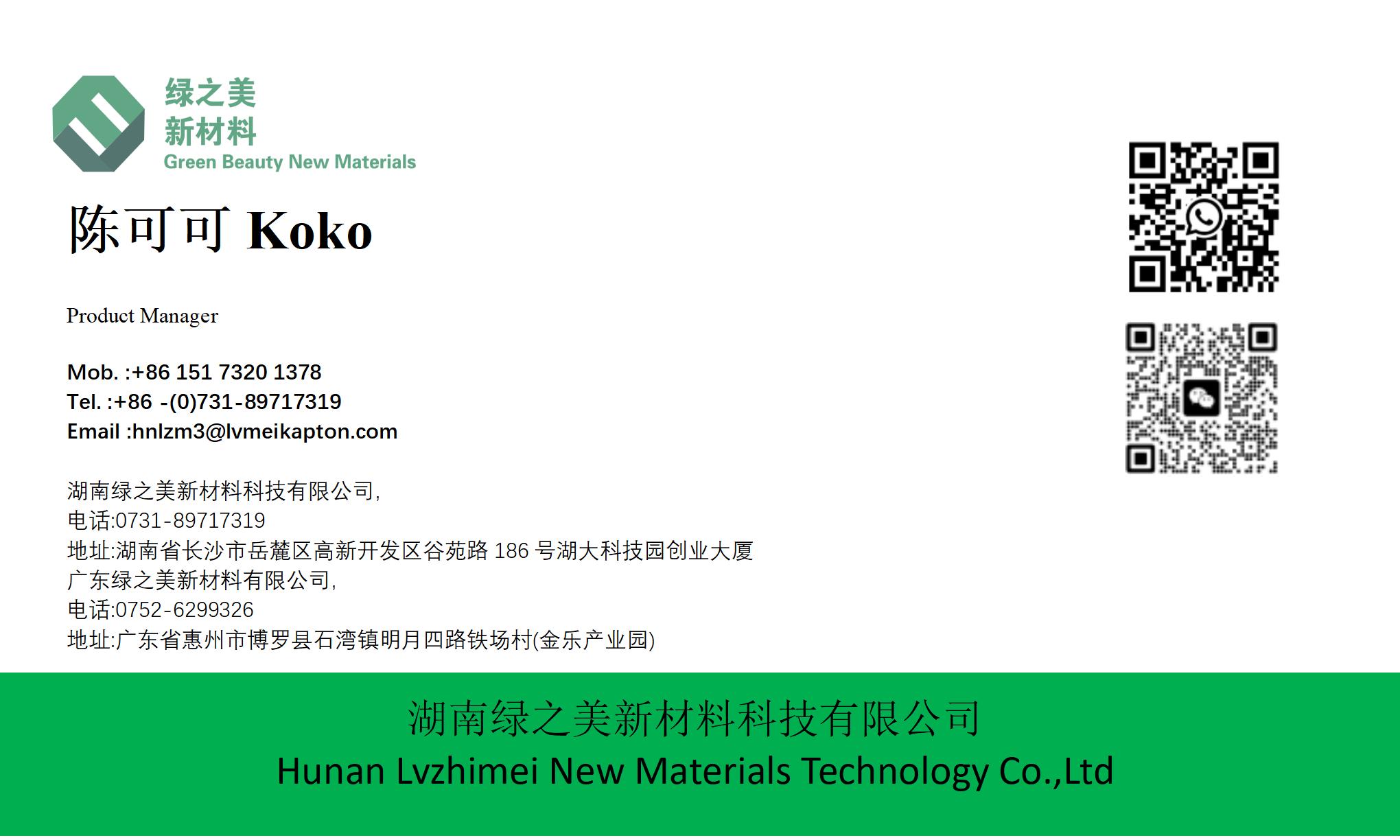



When Should B2B Manufacturers Reevaluate Polyimide Tape Tensile Strength Requirements for Evolving Gold Finger Designs? |https://www.lvmeikapton.com/
As electronics trends like miniaturization, high-density interconnects, and flexible PCBs reshape gold finger design, B2B manufacturers must proactively reassess their polyimide tape tensile strength requirements to avoid performance mismatches.
The shift toward smaller gold finger pitches (e.g., 0.5 mm vs. traditional 1.0 mm) demands tapes with higher tensile strength to prevent stretching during precision die-cutting, which could result in misalignment and short circuits. Similarly, the rise of flexible electronics (e.g., foldable smartphones) exposes polyimide tape to cyclic bending, requiring enhanced tensile fatigue resistance to avoid cracking over time.
B2B manufacturers should also reevaluate tensile strength specifications when adopting new manufacturing technologies, such as laser cutting or automated tape application systems. Laser cutting generates localized heat, which can weaken low-tensile tapes, while high-speed automated applicators exert greater shear forces that demand robust mechanical properties. By collaborating with tape suppliers to conduct application-specific tensile strength testing—for example, simulating 10,000 bending cycles for flexible PCBs—manufacturers can ensure their materials keep pace with innovation, maintaining a competitive edge in the rapidly evolving electronics market.
In conclusion, tensile strength is far more than a technical detail in polyimide tape for gold finger applications; it is a cornerstone of B2B value, driving production efficiency, product reliability, and regulatory compliance. For stakeholders navigating the complex landscape of electronics manufacturing, prioritizing this property ensures resilience in both current operations and future technological advancements.

Material | Temperature Resistance (°C) | Flexibility | Chemical Resistance | Electrical Insulation |
PI Tape | Up to 300°C | High | Excellent | Excellent |
Ceramic Tape | Up to 1000°C | Low | Good | Good |
Glass Cloth Tape | Up to 500°C | Medium | Good | Good |
Aluminum Foil Tape | Up to 200°C | Low | Fair | Poor |





